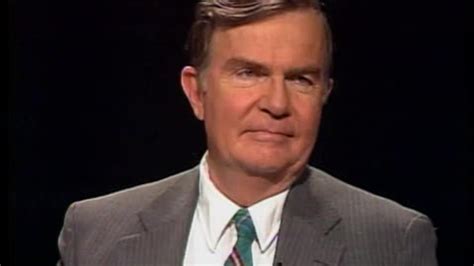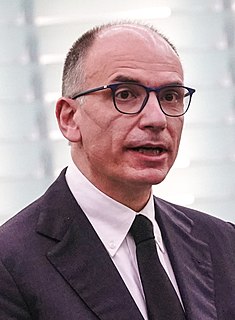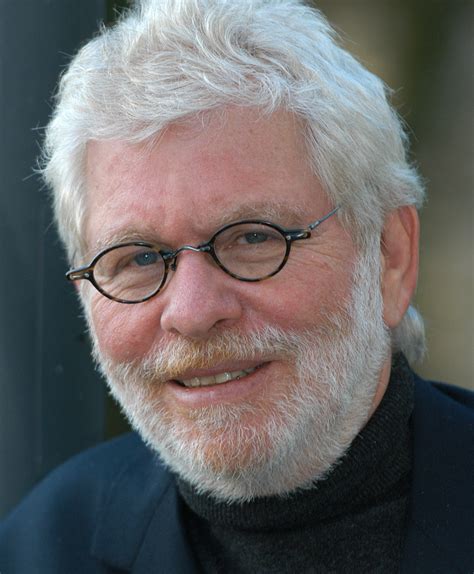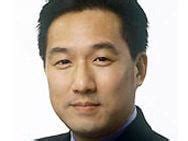A Quote by James David Barber
[The American public demands] a sense of legitimacy from and in the presidency. There is more to this than dignity, more than propriety. The president is expected to personify our betterness in an inspiring way, to express in what he does and is, not just what he says, a moral idealism which, in much of the public mind, is the very opposite of politics.
Related Quotes
I would say that Mickey Mouse has a greater influence on the American public than Shakespeare, Milton, Dante, Rabelais, Shostakovitch, Lenin, and/or Van Gogh. Which says 'What?' about the American Public. Disneyland remains the central attraction of Southern California, but the graveyard remains our reality.
The best way to alleviate the obesity "public health" crisis is to remove obesity from the realm of public health. It doesn't belong there. It's difficult to think of anything more private and of less public concern than what we choose to put into our bodies. It only becomes a public matter when we force the public to pay for the consequences of those choices.
Obama has already demonstrated an extraordinary ability to change the limits of what one can say publicly. His greatest achievement up to now is that, in his refined non-provocative way, he has introduced into public speech topics which had hitherto been de facto unsayable: the continuing importance of race in politics, the positive role of atheists in public life, the necessity to talk with "enemies" like Iran or Hamas, and so on. This is just what US politics needs today more than anything, if it is to break out of its gridlock: new words which will change the way we think and act.
I think the public library system is one of the most amazing American institutions. Free for everybody. If you ever get the blues about the status of American culture there are still more public libraries than there are McDonald's. During the worst of the Depression not one public library closed their doors.
Much more than our other needs and endeavors, it is sexuality that puts us on an even footing with our kind: the more we practice it, the more we become like everyone else: it is in the performance of a reputedly bestial function that we prove our status as citizens: nothing is more public than the sexual act.
But what does it mean to be on God's side? I believe it starts with focusing on the common good - not just in politics, but in all the decisions we make in our personal, family, vocational, financial, communal, and, public lives. That old but always new ethic simply says we must care for more than just ourselves or our own group. We must care for our neighbor as well, and for the health of the life we share with one another. It echoes a very basic tenet of Christianity and other faiths - love your neighbor as yourself - still the most transformational ethic in history.
































